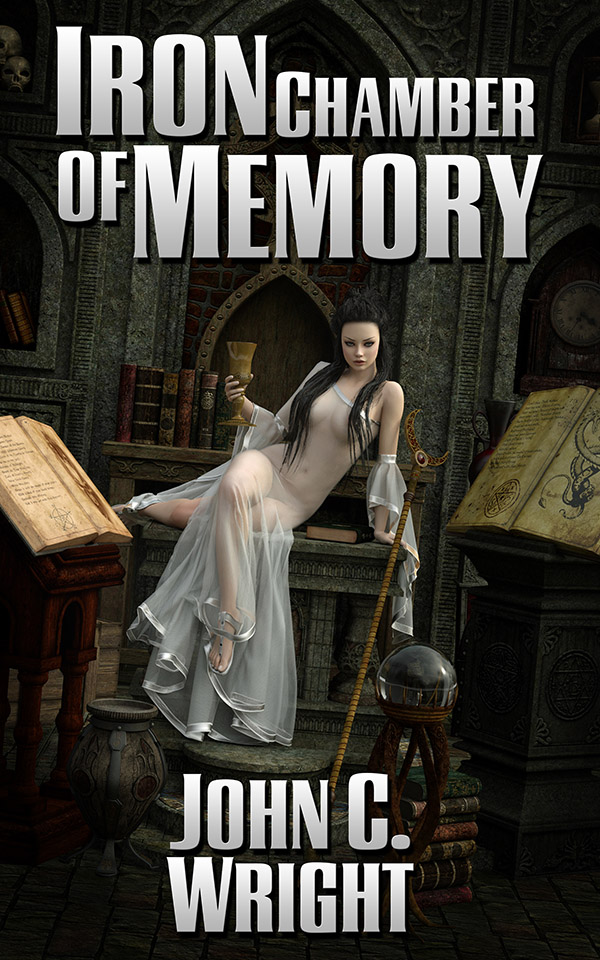There was a time when I was suffering from a bout of spiritual darkness. A habitual sin, strong enough to be an addiction, had taken over my life. But, by God’s grace, I had been freed from it, though the scars and wounds it had left are still disappearing.
But one of the signs that I was healing came one night, when an urge struck me. An urge not to give in to that sin, but an urge to seek out something of beauty. An urge I had not felt in a while.
An urge to read poetry.
I found a free, online poem from master poet Alfred, Lord Tennyson that I drank in like it was fragrant wine, and it was a refreshing experience for the soul. Poetry, you see, is not like prose works in that there is an extra depth to it. One reads prose to experience a story the way one drinks water to quench thirst. But if prose is water, than poetry is wine.
Nowadays, modern poetry, which had abandoned meter, rhyme, imagery, and other such poetic devices as ‘too restrictive,’ is like soured and fouled wine, a disgusting swill that makes sure you remember the taste, and hate yourself for doing so. Modern poetry is about emotion, and nothing else; anything from agonized self-flagellation to unabashed profanity is lauded as ‘deep’ and ‘controversial,’ despite it being the opposite of the sort. Now, there is some therapeutic reason for this poetry. It is not all doggerel, but the raw emotion of it can both make it cathartic to the author, and sometimes the reader.That poetry may have some kernels of beauty in it, but that was not the thing that sated the urge to read poetry. I was not wanting to hunt for the beautiful needle in the haystack of emotional screams and profanity.
No, my friends. If you wish to drink in poetry, to indulge in true beauty, you must go to the masters of old. Tennyson, for example. Read it aloud, and savor the meter, the rhyme, the way the very language bends to create a musicality to the words, even without you adding melody to it. Savor the beauty of the words, how they make ideas and images conjure forth into your mind’s eye. It is an art that I thought lost, to create such things of beauty with words. Now, all who claim to practice this art tend to use obscure and bizarre metaphor, while pretentiously preening themselves over the quality of their prose.
And then there’s John C. Wright.
The first book I had read of his was Somewhither, a bizarre semi-fantasy book involving vampires, alternate dimensions, vaguely Steampunk Babylonian conquerors, anthropophagi, and siren sorceresses. Quite fun. But Iron Chamber of Memory, I got later at the request of friends.
And now, afterwards, I try to comprehend it and am enchanted and delighted as I read and reread, discovering more. I could almost describe it as Inception with the Knights of the Round Table, but that is not accurate. I could try to put it as a fantasy mystery, but there is an air of myth, of romance, of heroism. John C. Wright has said it is about romantic love, but it is more than that.
It is about a man at Oxford, Hal Landfall, whose friend Manfred had just inherited the last feudal land of England, the Island of Sark. There, after meeting with Manfred’s fiance, Laurel, they enter his mansion to meet Manfred, before stumbling into a strange room known as the Rose Crystal Chamber…
…where Hal and Laurel remember that they are in love. The memories are withheld outside the Chamber, and they have to figure a way to call off the wedding and unite with each other, yet there is more to the mansion. To speak of more, of the secrets of the strange island of Sark (a real island), would be to give away the book.
The plot, oddly enough, came to Wright in a vision, during the time when he converted to Christianity. He wrote out the entire outline in a day, and there is something numinous about this book. It touches on greater truths, though it may be strange and fantastical in its nature. The book has a deeply Catholic atmosphere to it, Catholic and Arthurian and fantastical, which adds to the grandeur in ways that literary fiction of the modern age tries to, and fails, seeming pretentious and ridiculously self-important. Iron Chamber of Memory is not that.
The book has a fascinating story to it, but the prose that garnishes it is excellent; it is the poetry of Tennyson in some places, that same beauty, bound within the words. The book is uplifting, and having read it, it has stunned me and left me in awe, and called me to write more.
Buy it. You can purchase it here, and it will be worth your money.

